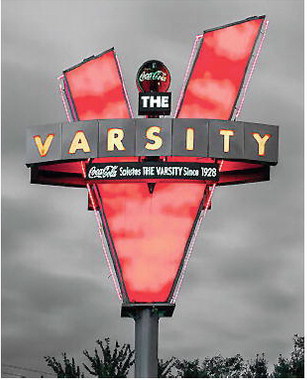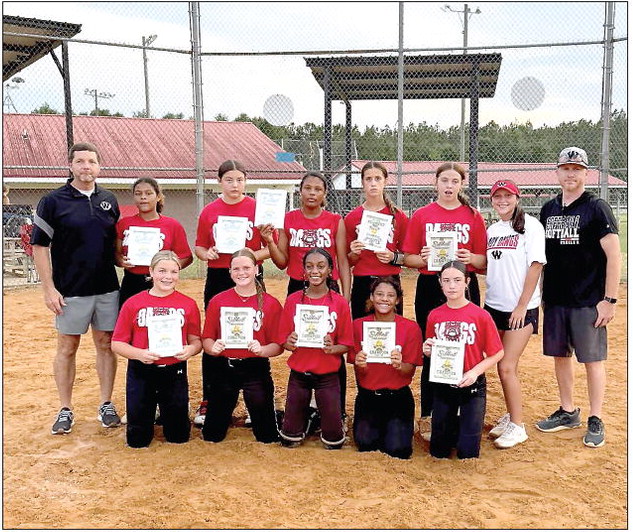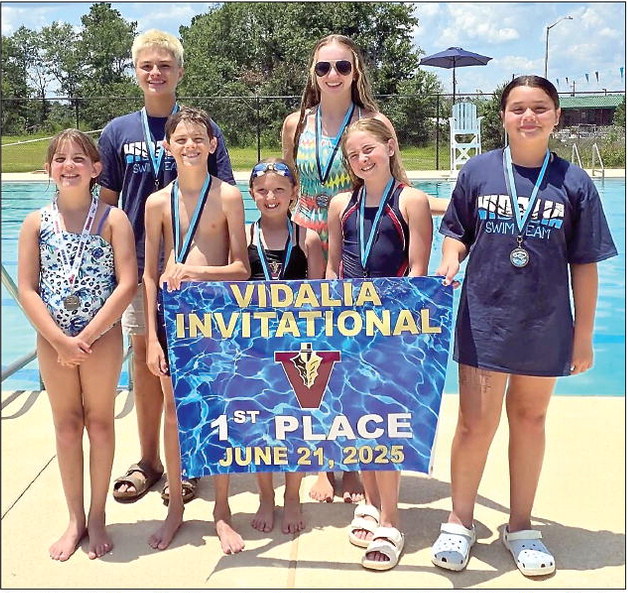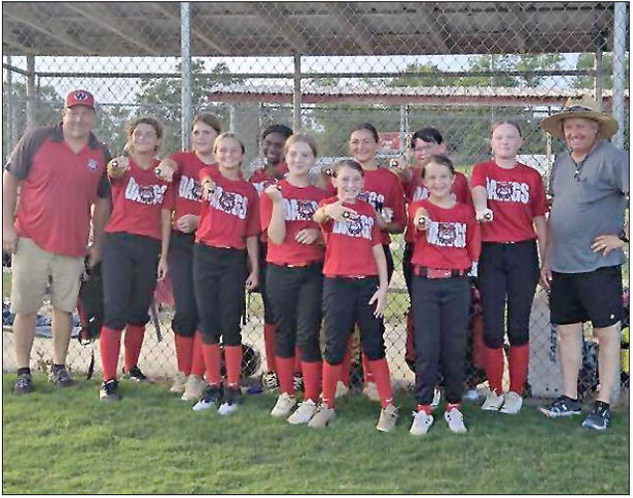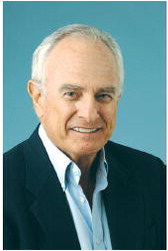Smith
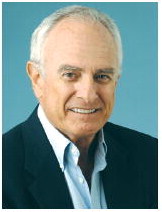

Loran
Football In Turmoil
Already, we are hearing the doomsayer forecasts that Armageddon is knocking on college football’s door. There are plentiful reasons to support the view that the grand old game is on shaky ground, which reminds us that it takes a worried man to sing a worried song. I, too, lament that the game is not what it used to be. However, I am aware that nothing is the same anymore. We shouldn’t be so put out that in the next ten years that people will be arriving on game day in driverless cars. We will find a way to park those cars. What we should be most concerned about is that tailgating continues to flourish.
On the one hand, you could submit that no college student has it better than football players today. Free medical, fee dental, free tuition, free room and board, clothing allowance, travel allowance and the cost of attendance which computes out to about $10,000 annually. In addition, there is the Pell grant which most of the best players on a given team qualify for, which comes to about $6,000 a year.
Players are allowed to transfer if they don’t like the helpings at the dining hall; or if a professor scolds them for being a distraction in class or they can’t arrange to have a speeding ticket fixed. You opt out if you are motivated to move on for the simplest of circumstances. (What would athletes do if a doctor opted out of surgery? The dentist opts out where you have a really bad toothache? A pilot opts out and your flight is delayed 10 hours.) All that aside, players now have a voice, and they are flexing their vocal cords. Most of those close to the scene believe that we should do more to help student athletes. They spend considerable time at their craft, which makes study hall really burdensome, emotionally. If a breadwinner spends a 10-hour day at the office, cutting the grass when he gets home, is not very appealing.
One thing that can’t be overlooked is that the risk of brain injury not only might end a player’s career, but could destroy his livelihood—even his life.
I often think of the conversations with Charley Trippi, who is headed toward his 100th birthday in December. He played high school football, college football, military football and a decade in the National Football League with a reputation of being as hard-nosed as they come. He has often said that the difference between the way the game is played today is that (back then), “We led with our shoulder, not our head.”
However, especially in the sixties, moving forward, it was the defensive players who were taught to lead with their head when making a tackle. I have heard many defensive coaches at clinics, hosted by the American Football Coaches Association, underscore that entrenched directive: “Butt ‘em in the numbers.”
Trippi played both ways and is remembered as an incomparable defensive back who would cut you in half with his lethal striking ability, again leading with his shoulder, not his head.
New tackling techniques are encum- continued from page
bered in the teaching protocols today—on all levels, from the youth leagues to the NFL—but football is a risky business. When you see 350-pound linemen who can move with the alacrity of a grizzly bear, there are collisions which are not good for your health. Players obviously have to be concerned about that.
It is unfortunate that along the way, a degree got the back of the hand treatment from players. That is why this business of name, image and likeness is fraught with incantations from prophets of doom. Chaos is forecast in all directions. There are concerns about how unscrupulous operators will fit into the picture.
Put teeth into the rules. The view of one former coach is interesting: “If an assistant coach is caught in a major cheating scandal, take away NCAA coaching employment for five years, suspend the head coach for a year without pay and make the institution pay for the NCAA’s legal costs.” Back to the players. Will the left tackle pout and not do his job blocking for the quarterback who gets more than his fair share of endorsement opportunities while his linemen get little or nothing? Would the Supreme Court be against a simple plan such as the protocol at a bar were all tips are placed in a jug to be distributed evenly among the bartenders at closing? And what about the Scout team members who correspond to bus boys? How could you run a football program without them? All I know is that the coaches who get out front and wrap their arms around the issue are the ones who will get a leg up on the rest. After all, the cynics will say, their multimillion- dollar salaries is part of the problem. If the coaches get paid, why not the players? Who is to blame for that? The presidents would be a reasonable place to start. You could blame John V. Lombardi. Remember him? In 1996, as President of the University of Florida, signed Steve Spurrier to a million-dollar contract. It has escalated from that point beyond anyone’s wildest dreams.
There are more questions than there are answers.
Look who is impacting our games, namely the NBA and NFL? They invest nothing, they assume no risk and they benefit from a minor league format which otherwise would cost them millions. Bill Dwyre, columnist for the Los Angeles Times, says, “The NFL owners are the smartest owners in sports, but also the greediest.”
What bodes for the NCAA? We do need a governing body which can enforce equitably and fairly but with penal powers. We can be assured that there will always be rules breakers.
What is sad about all this is that when we diminished the importance of the degree, we began to lose a grip on our sanity. What is sadder is that the element of this constituency which most needs a degree—the players—are moving more and more away from a diploma. It is akin to the people in the world who are the hungriest are those who perpetuate the highest birth rate.
I have faith that the overriding fact is that while there have been challenges forever in college football, we will find a way to manage the challenge and make Saturday afternoons between the hedges as eventful as they have always been. Thus far we have always been able to do that.



